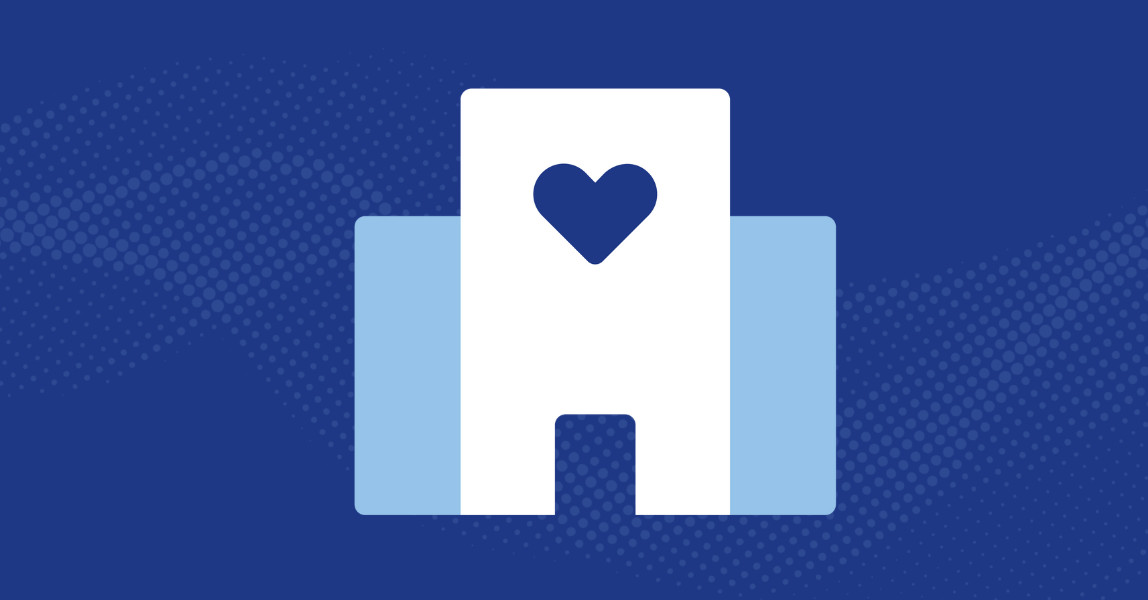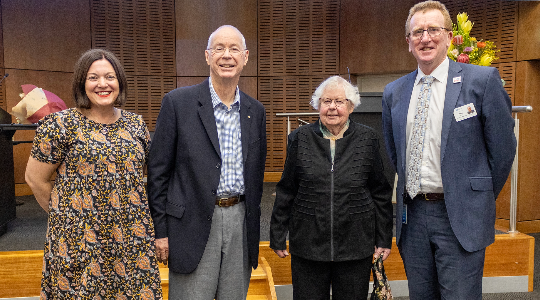The story of your life

This unique biography program giving palliative patients the opportunity to share their life story is the first of its kind in South Australia, and is offered to patients through the Mary Potter Hospice, Calvary Cancer Services and Central Adelaide Palliative Services.
The program started in 2007, when Louise Finnane and Anthea Heal first heard about an existing biography program in Melbourne. Louise had been the chaplain at Calvary for a number of years, but was then working in the art therapy program at the hospital, as was Anthea.
They both happened to hear Kerry O’Brien interviewing a woman in Victoria about a program for palliative patients she had gone to New Zealand to learn about, and had subsequently brought back to Melbourne. They both wanted to find out more and to offer a similar program in South Australia – adding ‘narrative therapy’ to the art therapy program at the hospital.
Louise and Anthea were supported in the endeavour by Calvary’s Sister Mary Glowrey lcm, and they went to Melbourne to attend a one-day seminar to learn how to run the biography program. They came home and began adapting it for use at Calvary.
In 2008 the first group of volunteer biographers began their training, graduating in July. Anthea and Louise also found a sponsor – HPS Pharmacy – which has helped over the years providing computers, printers and digital recording devices for volunteers, and numerous other supports.
One of the main aims of the biography service is to engender a positive affirmation of a life lived.
“Biography enables patients to reflect on their lives, reminding them of what they have done and that their lives have been meaningful,” says Anthea. “It is what happens to the patients through the telling of the story that makes biography a valuable process.”
The printed & bound story is secondary to the therapeutic benefit.
Christine Mallett, who coordinates the program with Louise today, explains further:
“The confidential one on one service focuses on the therapeutic value to a patient and we offer the patient the chance to review their life with a trained biographer who is simply there to hear their story”.
“There are no questions asked, no direction given; it’s simply about what they want to say at that time – about their life, their family, their thoughts, their work, their feelings.”
Biographers undergo an eight-week training program, one day a week. Then they are assigned a patient, who they meet with for one hour a week, for up to six one hour sessions over ten weeks, to record their story. The biographer then transcribes the recording, and goes over it with the patient at the next session, so that they can edit their own stories. Photos can also be included.
“The biographer sits down informally with the patient – either in the hospital, hospice or in their home,” says Christine. “It’s just like sitting down with a friend to have a chat, the only difference being that the recording device is on. It’s not an interview technique the biographer is using, it’s a listening technique. The biographer is just the conduit for the patient to get what they want to say on the page.
“We’re not looking for a perfect document; we’re looking to hear the person’s voice on the page. They edit their own story, which gives them confidence, because they are in control. Nothing goes on the page without their permission.”
Two bound copies plus a CD/USB are given to the patient on completion. Over 400 referrals have been received over the last nine years since the program began.


